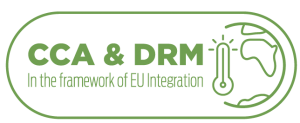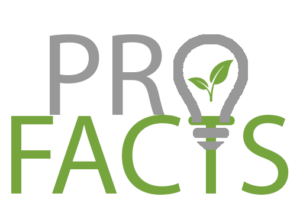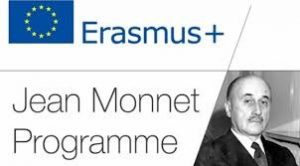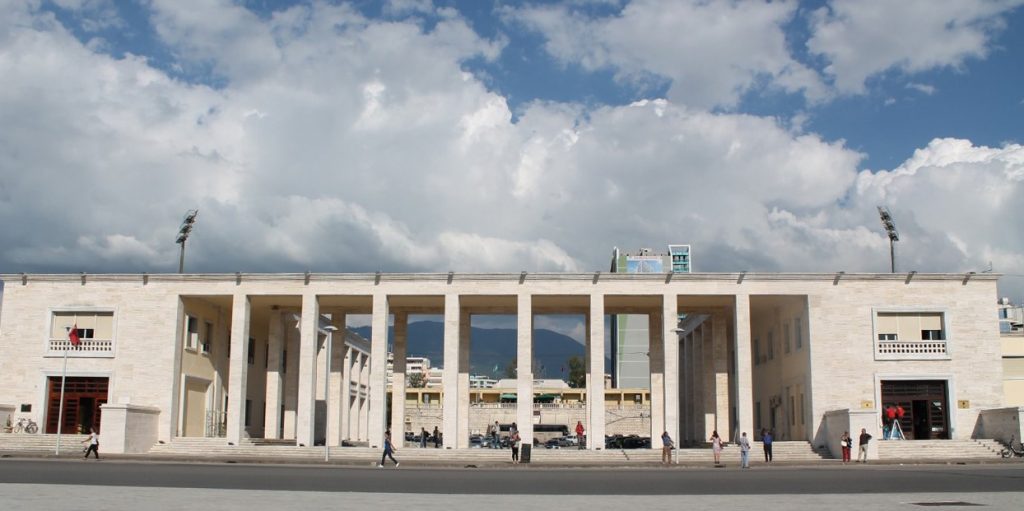The Erasmus+ National Info Day held on December 21, 2022, featured a presentation on the Jean Monnet Module, “Disaster Risk Management (DRM) and Climate Change Adaptation (CCA) in the Framework of EU Integration.” The project aim is at developing 2 Jean Monnet modules, at the Faculty of Economics (FE), University of Tirana (UT), respectively Disaster Risk Management (DRM) and Climate Change Adaptation (CCA). Both subjects are developed under the context of EU integration, and are an example of educational innovation and support on the introduction of an EU angle into mainly non EU related studies. This project, which addresses the crucial topics of DRM and CCA within the EU integration context, drew the attention of staff and colleagues from various universities, as well as students in Higher Education Institutions in Albania.
The presentation started with a comprehensive overview of the Jean Monnet program’s objectives, setting the stage for understanding the fundamental principles guiding the initiative. These objectives emphasize the importance of fostering the publication and dissemination of the results of academic research and promotion of research and first teaching experience for young researchers and scholars in EU issues, encouragement of interest in the EU and constitution of the basis for future poles of European knowledge in Albania, and delivery of tailor-made courses on specific EU issues relevant for graduates in their professional life.
As the presentation transitioned from program goals to the specific project, attendees gained valuable insights into the process of project development. The project’s conception and its alignment with the broader vision of Erasmus+ were highlighted. It was evident that the initiative was not just an educational attempt but a strategic response to the pressing issues of DRM and CCA within the Albanian higher education system.
Throughout the presentation, the emphasis was on the impact of the project on the Albanian higher education system. Attendees witnessed how the module had a transformative effect on both educators and students. It equipped them with the skills and insights needed to address real-world challenges, especially in the context of environmental hazards, a pressing concern for both the European Union and the Balkans region.
The presentation of the DREUCC module at the Erasmus+ National Info Day showcased how this project successfully integrates theory and practice, enriching the Albanian higher education system and contributing to the broader goals of EU integration. This initiative demonstrates the power of education in addressing pressing global issues and preparing the leaders of tomorrow.




